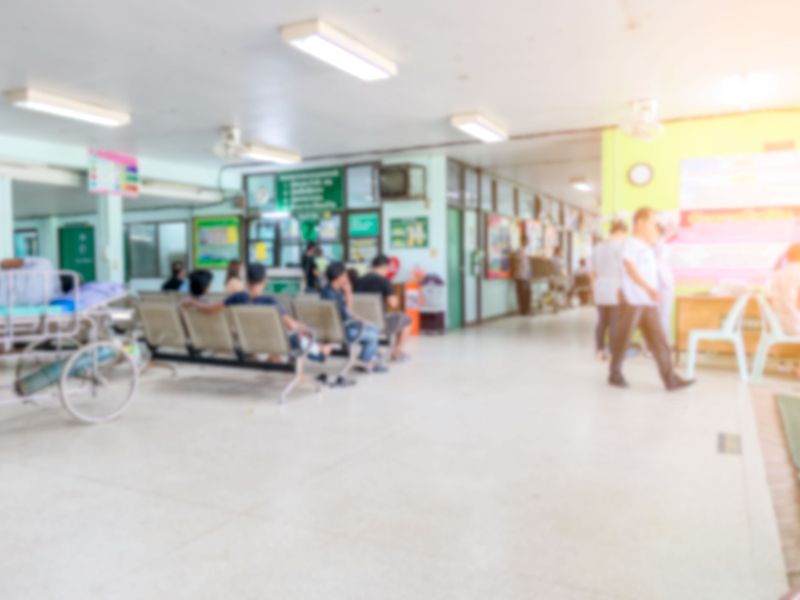
In our modern society, delaying health care is a scenario that occurs more frequently than we’d like to acknowledge.
Consider the parents who regularly put the needs of their children in front of their own, ensuring their kids get proactive and reactive care when required, but failing to do the same for themselves. The same goes for the working professional who won’t cancel a meeting to fit in a doctor’s appointment. Then there are those who are frightened of what they might hear so they steer clear of the doctor’s office preferring to remain ignorant.
But what would you do if you needed more than simply this year’s preventive flu shot or something to ward off a sinus infection? If you woke up one morning and had total loss of hearing in one if not both ears what would you do then?
There’s a good possibility your hearing will never come back if you just try to wait it out. Hearing specialists warn that if you don’t have sudden temporary hearing loss treated right away, especially if it’s at the nerve level, it might become permanent.
Sudden Hearing Loss, What is it?
According to the National Institute on Deafness and Other Communication Disorders (NIDCD), only about half the people who experience sudden hearing loss–the sudden loss of 30 decibels or more of hearing ability–will regain some or all of their hearing naturally.
Sudden hearing loss is more likely to happen than is commonly recognized. As a matter of fact for every 5,000 people, between one and six are estimated to experience sudden loss of hearing. But according to the NIDC, if undiagnosed claims were taken into consideration, that number would be significantly higher. This means that this year around 400,000 Americans or more could experience sudden loss of hearing.
Sudden hearing loss can actually take place over a few hours or days so the term is somewhat of a misnomer.
What is The Cause of Sudden Hearing Loss?
Due to the fact that the onset can take place over hours or days, doctors are seldom able to discover what causes most cases. The unfortunate truth is that only about 10 percent of people diagnosed with sudden loss of hearing have a cause that can be determined. Out of those cases that hearing professionals can pinpoint, the most common causes are autoimmune disease, neurological disorders, infections, exposure to certain drugs, blood circulation disorders and inner ear disorders.
As stated, getting treatment as soon as possible after the start of sudden hearing loss gives you the best chance to recover at least some of your normal function.
How do You Handle Sudden Hearing Loss?
In many cases, specifically those where the cause is not known, the usual course of treatment involves corticosteroids. Minimizing the swelling and reducing inflammation is the goal as with all steroid usage.
As medicine has advanced and more researchers have done additional studies on sudden loss of hearing, the preferred method of treatment has changed. Historically, doctors prescribed these steroids in pill form, but for individuals who were leery of the side effects of medication or were unable to use oral steroids, this presented a challenge.
A 2011 clinical trial supported by the NIDCD revealed that an injection of steroids into the eardrum was just as reliable as oral steroids, even enabling the medication to flow directly into the inner ear, without the disadvantage of the oral options. Ear, nose and throat specialist around the country regularly give these injections in the office.
A group of tests that may diagnose the inherent issue causing your sudden hearing loss can be set up by your doctor and that’s another reason why getting immediate medical attention is crucial. These tests can even check whether you can keep your balance as well as doing blood-work and several imaging techniques.
We Might be Getting Close to New Treatment For Sudden Hearing Loss
Given the lack of concrete information around the cause of sudden loss of hearing, ongoing research goes deeper into what may be the culprit. New developments with infusing drugs into small microspheres would provide a new technique of administering the steroids in what could be a safer way.
Researchers have proven that even though they may not have all the answers about sudden loss of hearing, your chances of getting your hearing back is increased by seeking early treatment. Schedule an appointment with a hearing specialist if you have hearing loss of any kind.